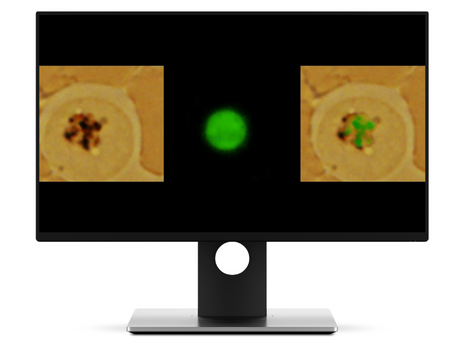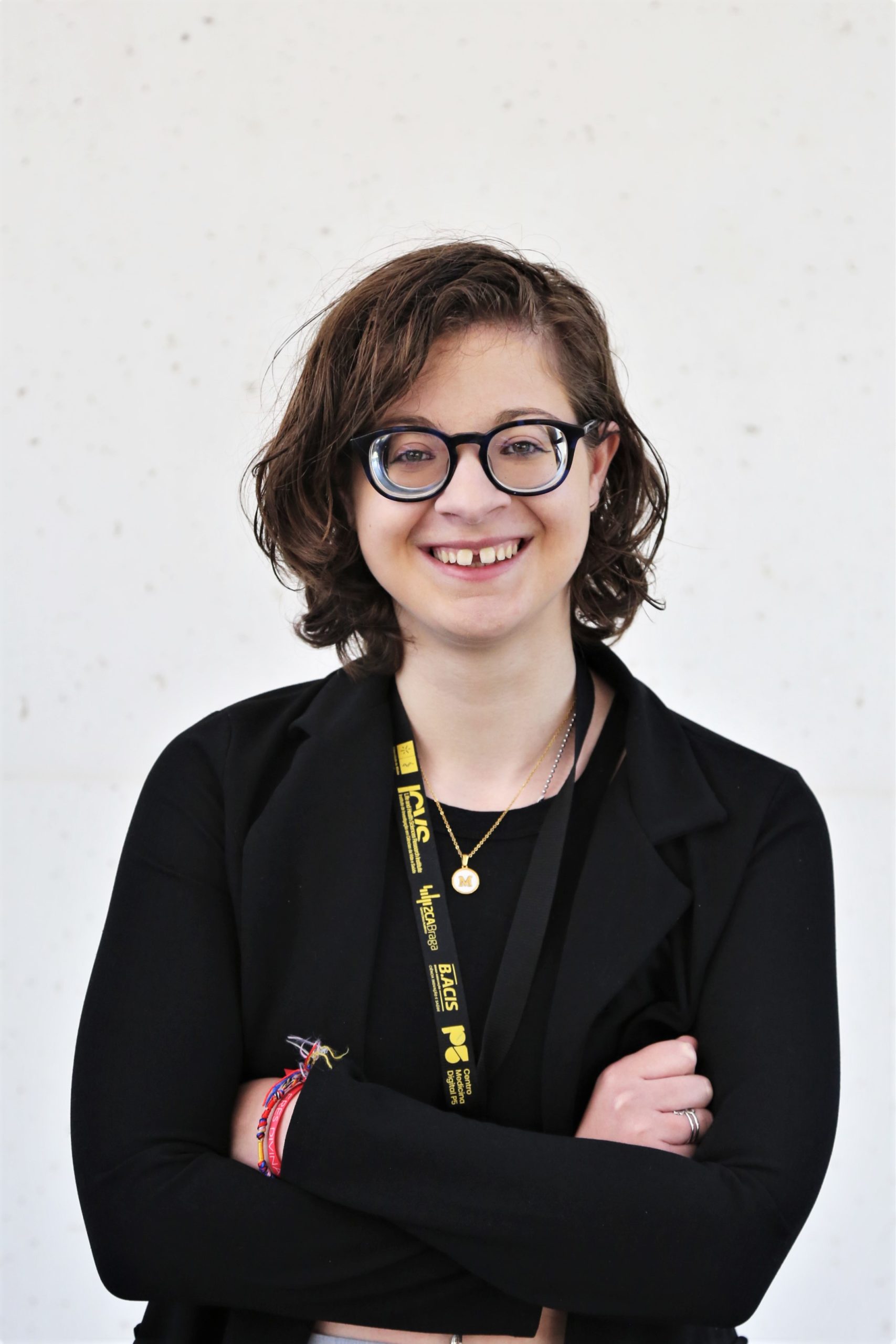
Defining drug resistance pathways in the malaria parasite
Hampering malaria control and elimination efforts is the resilient capacity of the parasite Plasmodium falciparum to develop resistance, including resistance to the presently…

Beatriz Fonseca is a PhD candidate in the PEvoGen group at ICVS, specializing in molecular biology and infectious disease genomics. With a BSc in Biology (University of Porto) and MSc in Health Sciences (University of Minho), her research focuses on genetically engineering malaria parasites (Plasmodium falciparum), constructing fluorescent reporter lines to streamline drug screening across symptomatic and transmission (gametocyte) stages. Using CRISPR-based genome editing, she aims to develop multistage high-throughput assays for antimalarial drug discovery.
Beatriz has presented her work at over ten international conferences, including events in Brazil, the Dominican Republic, and Portugal, winning the Best Poster Prize at XVI Jornadas Ibéricas de Genética e Biotecnologia (2024), and has authored a first-author publication. She mentors students, collaborates with institutions such as the Karolinska Institute, and serves as a volunteer firefighter. Passionate about bridging laboratory innovation and global health, Beatriz strives to advance solutions for infectious diseases.
Key skills include CRISPR, molecular assays, genomics, and high-throughput screening.

Beatriz Fonseca is a PhD candidate in the PEvoGen group at ICVS, specializing in molecular biology and infectious disease genomics. With a BSc in Biology (University of Porto) and MSc in Health Sciences (University of Minho), her research focuses on genetically engineering malaria parasites (Plasmodium falciparum), constructing fluorescent reporter lines to streamline drug screening across symptomatic and transmission (gametocyte) stages. Using CRISPR-based genome editing, she aims to develop multistage high-throughput assays for antimalarial drug discovery.
Beatriz has presented her work at over ten international conferences, including events in Brazil, the Dominican Republic, and Portugal, winning the Best Poster Prize at XVI Jornadas Ibéricas de Genética e Biotecnologia (2024), and has authored a first-author publication. She mentors students, collaborates with institutions such as the Karolinska Institute, and serves as a volunteer firefighter. Passionate about bridging laboratory innovation and global health, Beatriz strives to advance solutions for infectious diseases.
Key skills include CRISPR, molecular assays, genomics, and high-throughput screening.
Best Poster Prize, XVI Jornadas Ibéricas de Genética e Biotecnologia (2024)
Quiz Winner, Junior Section, Portuguese Biochemistry Society (2024)
First-author publication: Velosa da Fonseca, Beatriz; Pernaute-Lau, Leyre; Calçada, Carla; Baptista, Vitória; Osório, Nuno S.; Veiga, Maria Isabel. “Breaking Boundaries in Malaria Research: Design of a Genetic Tool for High-Throughput Gametocidal Drug Screening.” Journal UMinho Science 3 (2024): https://doi.org/10.21814/jus.5702

Hampering malaria control and elimination efforts is the resilient capacity of the parasite Plasmodium falciparum to develop resistance, including resistance to the presently…
This project aims to unravel the molecular mechanisms behind hemozoin formation in Plasmodium falciparum, a vital process for parasite survival and a key target of antimalarial drugs…
This project aims to unravel the molecular mechanisms behind hemozoin formation in Plasmodium falciparum, a vital process for parasite survival and a key target of antimalarial drugs.

This project aims to develop a machine learning model to predict malaria treatment failure at the patient level, enabling more personalized and effective care…



Phone: +351 253 604 967
Fax: +351 253 604 809
Email: icvs.sec@med.uminho.pt
Life and Health Sciences
Research Institute (ICVS)
School of Medicine,
University of Minho,
Campus de Gualtar
4710-057 Braga
Portugal

Copyright ©2025 ICVS. All Rights Reserved. Developed by TCIT



Copyright ©2025 ICVS. All Rights Reserved. Developed by TCIT
Life and Health Sciences
Research Institute (ICVS)
School of Medicine,
University of Minho,
Campus de Gualtar
4710-057 Braga
Portugal



Copyright ©2025 ICVS. All Rights Reserved
Life and Health Sciences
Research Institute (ICVS)
School of Medicine,
University of Minho,
Campus de Gualtar
4710-057 Braga
Portugal

